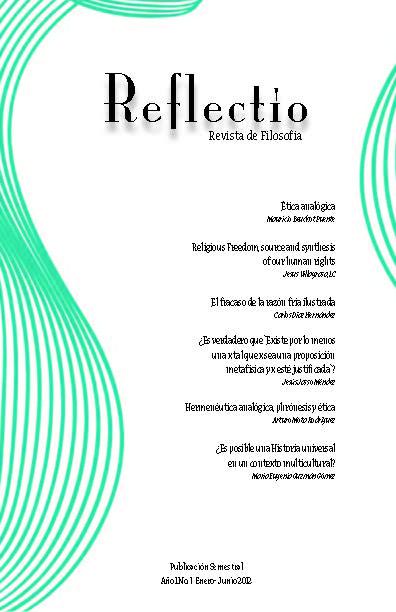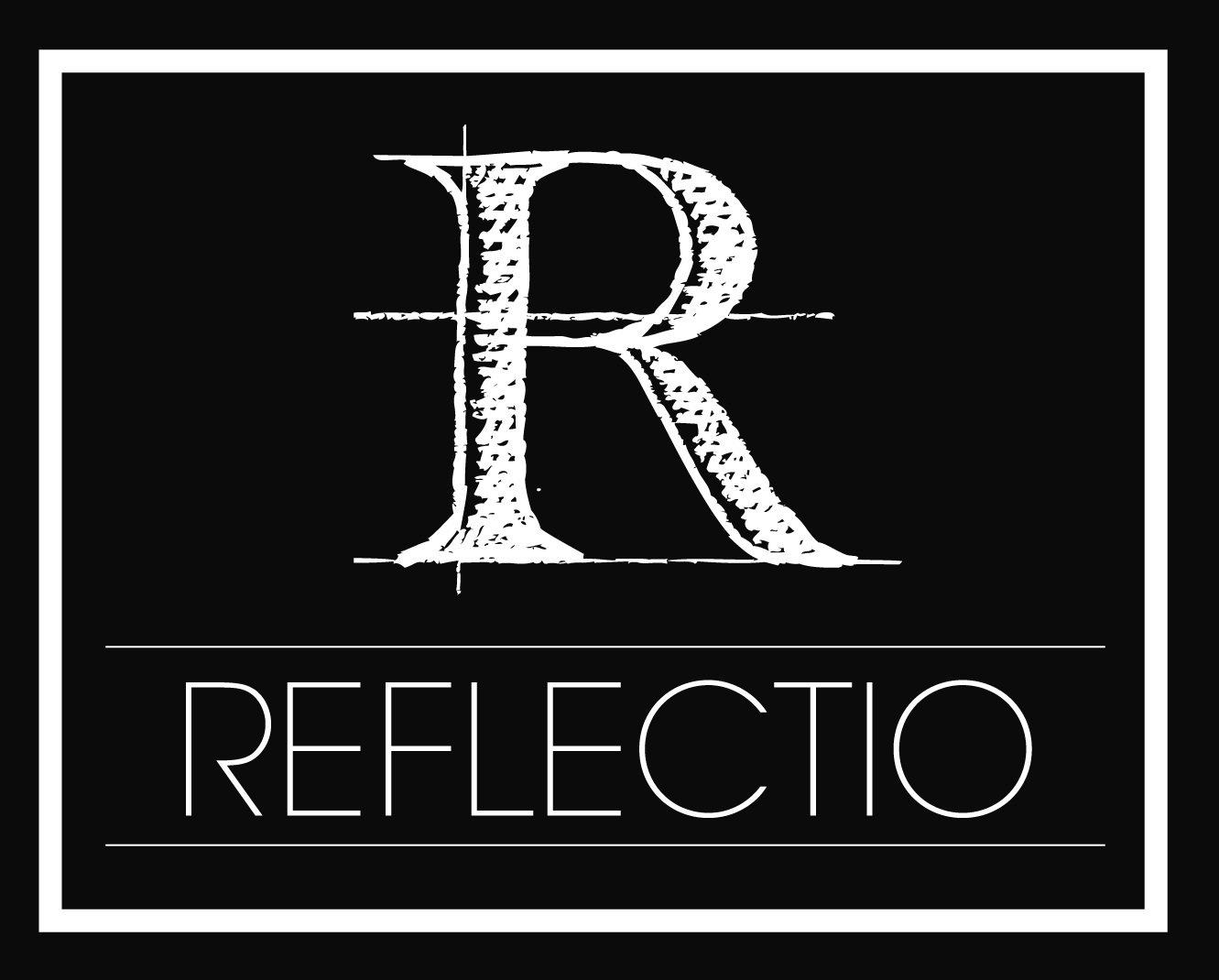Analogical ethics
Abstract
In these pages I intend to draw lessons from the fundamental features of great currents and great thinkers of ethics in Western history. Attending to his story is beneficial for many reasons. Firstly, because philosophy, perhaps unlike other ways of knowing, such as science, looks closely at its history, as many of the problems are still in effect, and it is illustrative to take into account the ways in which they were raised and the responses that have been given to them. That will help us better put the questions and try to give them more careful solutions. In addition, I will try to apply the philosophy of history to ethics or moral philosophy. In this philosophy of the history of ethics, I will try to make it clear that moral philosophy has gone through a history in which one-vocous positions have been fought, of a rigid, rationalist and legalistic ethic, with mistakenists, of an overly open, relativistic and subjective ethic; it has taken an analogue, moderate and prudential ethic, which has rarely been achieved, and that is why we must continue to fight to achieve it.
Downloads
Published
Issue
Section
License
Reflectio is distributed under a Creative Commons License Atribución-NoComercial-CompartirIgual 4.0 Internacional.
The author keeps the property rights with no restriction whatsoever and guarantees the magazine the right to be the first publication of the work. The author is free to deposit the published version in any other medium, such as an institutional archive or on his own website.















